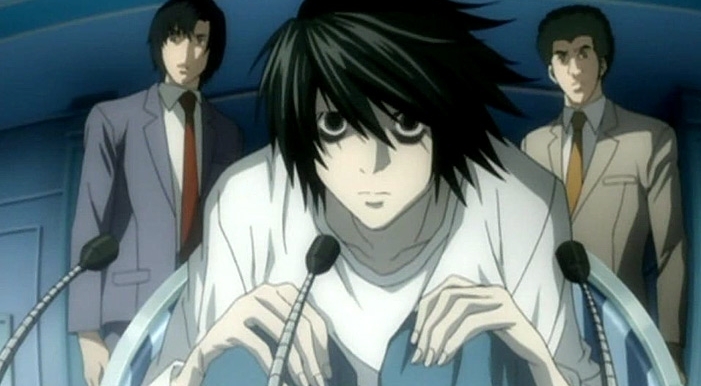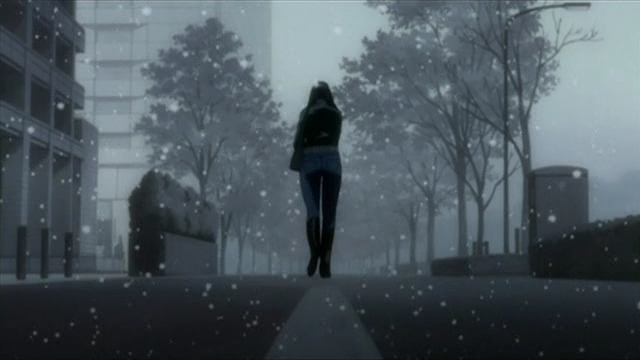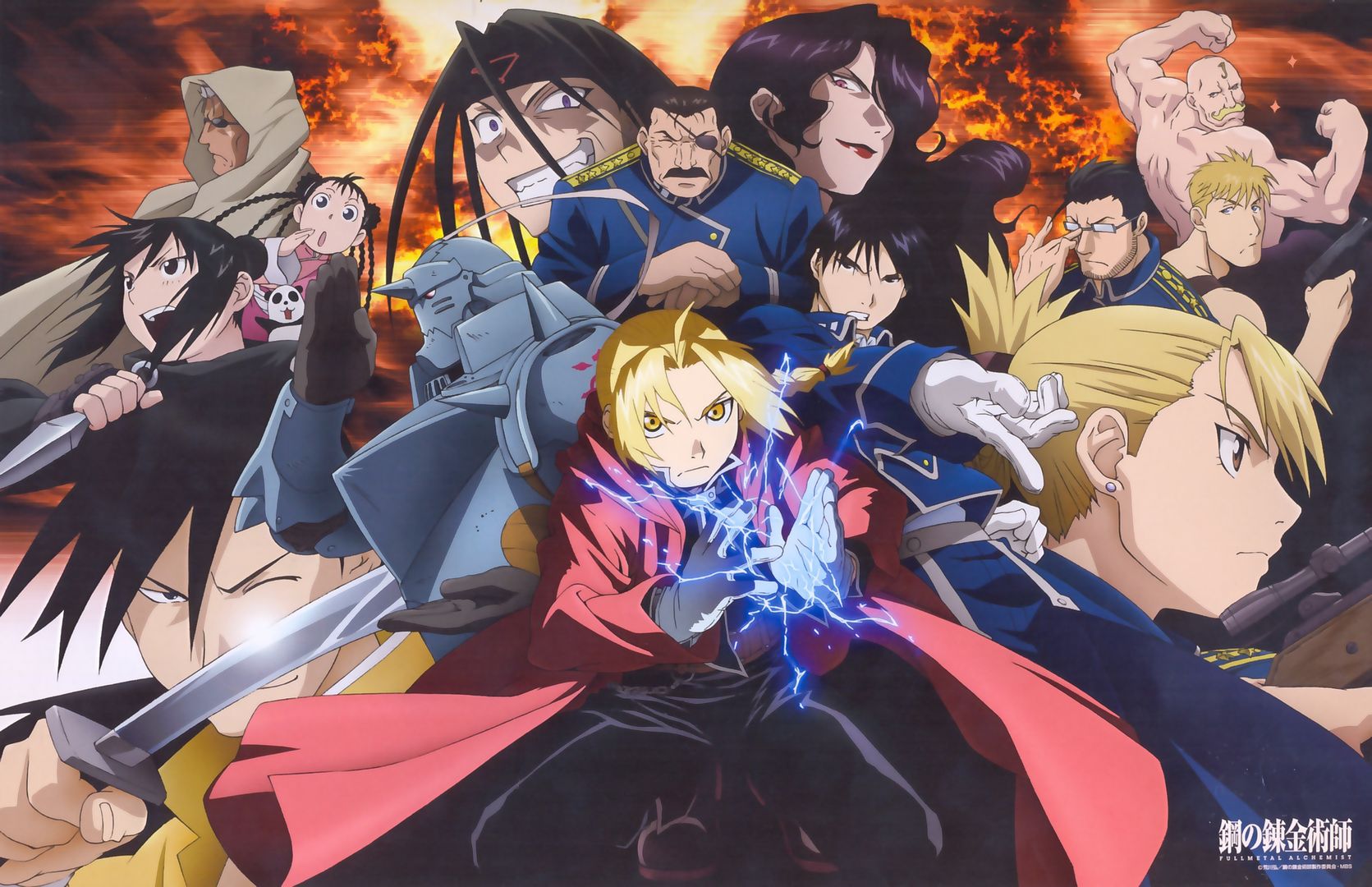it also probably had to do with the director's state at that time. NGE was aired in 1995, when Japan's anime industry was not in a good shape. the director, Hideaki Anno, was then forced to finish producing this series despite of the lacking budget and incredibly tight deadline. the level of pressure he was dealing with then got reflected into the series' tone. NGE itself is so dark, violent, and can be disturbing at certain points. it highlights various characters and their ways in dealing with horrible past, self loathing, confusion, hatred, and so on, while at the same time pointing out mankind's unhealthy obsession with experimenting the evolution of humanity. take a look at the main character, shinji ikari. at the age of 14, he's mandated to pilot a cyborg which core function connects to his nerves then fights unknown beings with it, yet the bigger problem lies at his own continuous self battle. shinji always does what others told him (implicit imagery of robot-like trait) even though that doesnt guarantee happiness. moreover he also has a complex issue with his authoritative father who runs NERV, a special organization that creates evangelions. another character that caught my attention was asuka, who appears as a quick-tempered and colourful person with a heavily troubled past that it doesnt make her inner monologue less hollow than shinji. the entire narrative slowly unfolds into a mentally unstable ride that is comprised of surprising flicks like nudity, sex, and religion based symbolism (christianity, judaism, kabbalah).
other than the plot, ive got to applaud the seiyuus because they surely did a good job voicing out the characters that they seem very lively and emotional on the screen. i'd also like to point out that characterization is NGE's strongest point for many reasons it holds. their language hits with violence which is why the series successfully left us questioning our own psychological nature in the end. its a shame though that the last two episodes were conducted poorly because of budgeting issue. the sequences are filled with written text on the screen, still images, and repeated footage. thankfully it was done with so much precision and skill so the haunting effect that left us feeling uneasy remains effective. it might not offer the best closure but it does provide a lingering impression. NGE is an anime that will always be interesting to be subjected into discussion until whenever. it's complex yet relatable, and it's mind bending yet engaging in a way.
congratulations!












